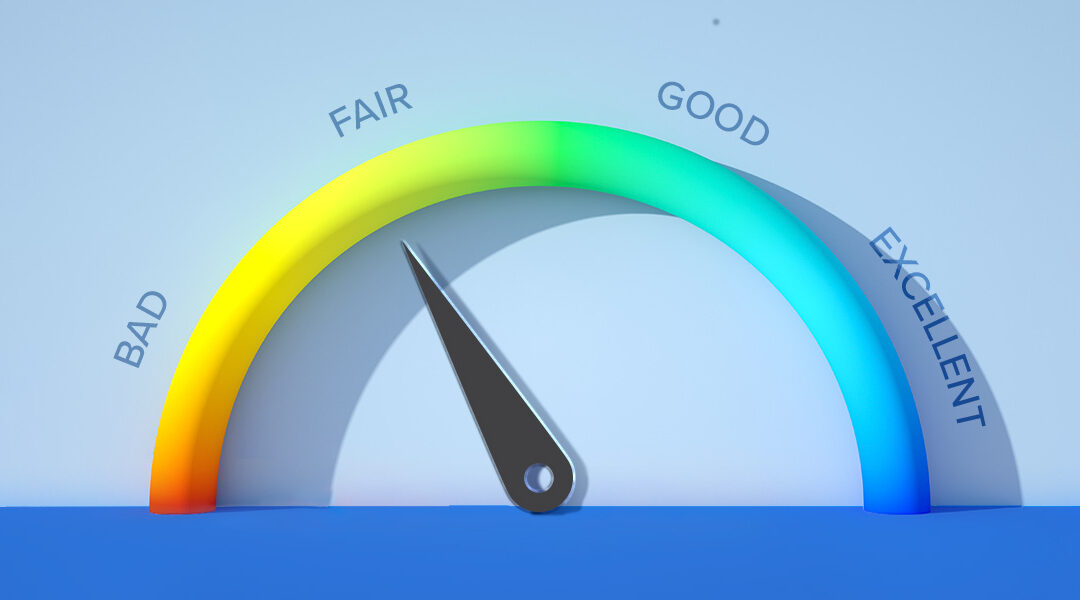Unlocking Credit Power: Why This Matters Now More Than Ever
Your credit score can determine your access to housing, job opportunities, loan approvals, and even lower insurance premiums. Without solid credit, you’re left overpaying, getting denied, or constantly feeling financially stuck.
The root of the issue? Many people begin without clear direction. They make a few wrong moves, get penalized, and then feel like climbing back is impossible. The emotional toll—anxiety, frustration, and shame—can be as damaging as the financial impact.
But there’s a way forward. Right here, you’ll discover how to break free from confusion and build a strong credit foundation—strategically, efficiently, and with confidence.
Start Strong: The Smartest Ways to Begin Building Credit
1. Open a Credit-Building Tool That Works For You
Not all credit products are created equal. Some exist specifically to help you establish a score from scratch or rebuild after setbacks.
-
Secured credit cards: These require a refundable deposit and report your activity to credit bureaus.
-
Credit-builder loans: Funds are held in a savings account and released once payments are complete—an effective way to show consistency.
-
Authorized user status: Being added to someone else’s card (ideally one with a strong history and low utilization) lets you “borrow” their positive credit behavior.
FAQ: What’s the fastest way to start building credit from zero?
Answer: A secured credit card paired with a credit-builder loan often yields the quickest and most measurable progress.
2. Understand the 5 Credit Score Factors and Prioritize Accordingly
There’s a formula behind every credit score, and knowing where to focus your energy creates major payoff.
| Factor | Weight in Score |
|---|---|
| Payment History | 35% |
| Credit Utilization | 30% |
| Length of Credit History | 15% |
| Credit Mix | 10% |
| New Credit Inquiries | 10% |
Focusing first on on-time payments and keeping balances low delivers the greatest impact. If you’re aiming for results in months—not years—this is where to concentrate your effort.
Build Credit the Right Way: Daily Habits That Supercharge Progress
Pay Every Bill Like It’s a Credit Score Test
Whether it’s your phone bill, utilities, rent, or streaming services—make payments on time, every time. Many third-party services now report non-traditional payments to bureaus. That means even bills you didn’t think mattered can now boost your score.
Use Less Than 30% of Your Available Credit—Ideally Below 10%
This tactic—known as credit utilization—has an outsized influence on your score. If you have a $1,000 credit limit, try to stay under $100–$300 in charges. Then pay it off in full each month to avoid interest.
Pro Tip: Ask for a credit limit increase every 6–12 months. You don’t need to use more—just increasing your available credit improves your utilization ratio.
Avoid These Common Pitfalls That Kill Progress
-
Closing old accounts: Length of history matters—keep your oldest accounts open when possible.
-
Applying for too many cards: Each hard inquiry can ding your score slightly. Space out applications strategically.
-
Carrying high balances: Even if you pay on time, large balances hurt your utilization ratio.
Boost Credit Without Traditional Debt
Use Rent and Utility Reporting Services
Apps like Experian Boost, Rental Kharma, and LevelCredit let you report monthly rent and bills to credit bureaus. This is a game-changer for those without credit cards or loans.
Participate in Experiential Credit Systems
Some modern lenders use cash flow analysis instead of credit scores to evaluate borrowers. While these accounts might not build traditional credit directly, they teach responsible money habits and can lead to offers that do report positively.
Frequently Asked: Your Credit Questions Answered
How long does it take to build a good credit score from scratch?
Most people can reach a score of 650–700 within 6–12 months if they follow the right habits. Progress depends on consistency and smart strategy.
Can I build credit without a credit card?
Yes. Tools like credit-builder loans, rent reporting, and becoming an authorized user can all help. However, a credit card remains one of the most effective ways to build a robust profile quickly.
Is it better to pay off a card in full or carry a small balance?
Always pay in full. Carrying a balance doesn’t help your score and only costs you in interest. The myth about needing to carry debt is outdated.
Advanced Strategies to Accelerate Growth
Leverage Soft-Pull Loan Offers to Avoid Inquiry Damage
Sites like Credit Karma and NerdWallet let you view loan or card offers without triggering hard inquiries. Use these to identify the best opportunities without hurting your score.
Use a Thin File Optimization Plan
If your credit file is “thin” (fewer than 3 accounts), diversify with a mix of:
-
Revolving credit (e.g., cards)
-
Installment credit (e.g., loans)
-
Service-based reporting (e.g., rent/utilities)
Lenders trust more robust profiles—even if scores are the same.
Time New Credit Applications Around Big Purchases
If you’re planning a mortgage or auto loan, avoid opening new credit lines 3–6 months beforehand. This keeps your score stable and signals reliability to underwriters.
Monitor and Protect Your Progress
Track Your Credit Monthly—But Don’t Obsess
Free tools like Credit Sesame, Experian, and Mint give regular updates without harming your score. Watching trends over time is more valuable than day-to-day fluctuations.
Freeze Your Credit When Not Applying
Prevent identity theft by freezing your credit files through TransUnion, Equifax, and Experian. It’s free and only takes a few minutes—and it keeps others from opening accounts in your name.
Your Credit, Your Control: Take the First Step Now
The journey to a strong credit profile isn’t about luck—it’s about applying the right steps with precision. If you’ve been unsure how to build good credit or felt like the system was working against you, now is the time to change that narrative.
Start today by reviewing your current standing, choosing the best-fit tool (like a secured card or rent-reporting app), and implementing one new habit. Every payment made, balance reduced, and account optimized gets you closer to financial autonomy.
Your financial reputation is yours to shape—begin building it with purpose, and doors will open where they once were locked.
Swift Money Now | About | Apply | Privacy | Terms


